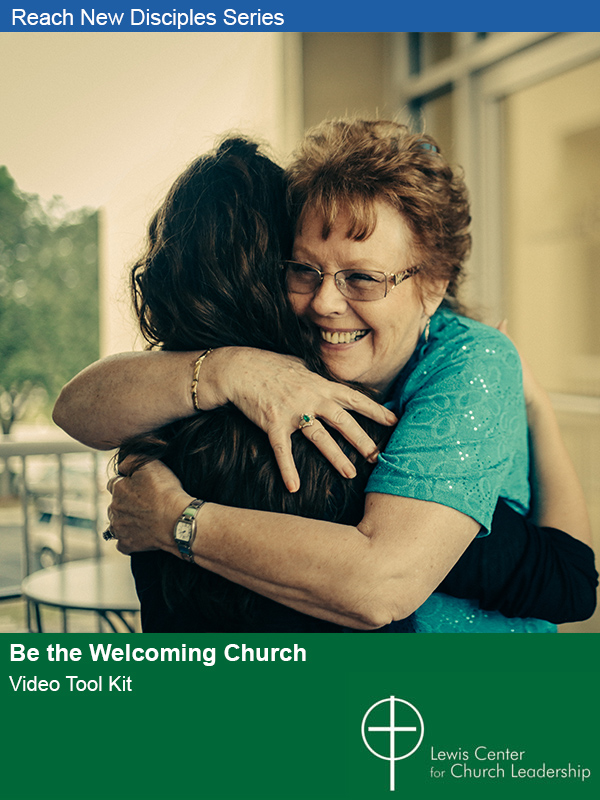Effective church-school partnerships take a true commitment and willingness to build long-term, sacrificial relationships. Learning from the many congregations that have begun partnerships with low-income schools, we can take away several key lessons on what works and what doesn’t.
Find out what schools need, and meet those needs. Period. While I understand the temptation to dictate what we see as their needs, that approach isn’t likely to get congregations very far. The school leadership, teachers, and parents know what they need. They are there every day and we’re not. If a school says they don’t need something, don’t do it. Don’t make assumptions about a school’s need without talking to the leadership. I’ve heard dozens of stories of church-school partnerships run aground because congregations didn’t pay attention to this first and crucial step. Also, let’s not forget that communities of faith might initially be viewed with skepticism. One way to overcome that is to approach a school as a humble listener. And humble listeners don’t set the agenda; humble listeners find a way to meet pressing needs.
Learning from the many congregations that have begun partnerships with low-income schools, we can take away several key lessons on what works and what doesn’t.
Leave Your Agenda at the Door
Agendas, whether hidden or overt, have no place in church-school partnerships. Given the church’s tumultuous relationship with public education during the last 60 years, we need to pay particular attention to this point. I cannot think of a better way to ruin a church’s potential to help a low-income public school than by secretly hoping to infiltrate the school for the purposes of proselytizing the students, families, or faculty. Trust me, they know if you’re trying to do it. For those who feel compelled to share their faith with others, there are places for that. A church-school partnership just isn’t one of them.
Build Authentic, Trusting Relationships
We’re not going to get anywhere without strong relationships. If we want to do this well, we need to be patient, because these relationships will take time to develop. In our era of instant gratification and technology that presents information in less than a nanosecond, this can be challenging. We want everything to move quickly, but we’ll need to exercise patience. Churches build credibility by taking time to get to know the school community and doing little things well. Otherwise, we run the risk of schools not ever really trusting the congregation to help with mission-critical initiatives.
On the flip side, church members don’t want to feel as though they’re serving in the context of a “transactional relationship.” One church leader I spoke to said his church didn’t take the time to develop real relationships with a public school, so their work ended up feeling more like what he termed an “ATM partnership.” The church met a few financial needs for the school but never really built the type of trusting relationships that would have fostered a much deeper and long-lasting partnership. In one telling account, the school called this particular pastor to see if the church could help with a teacher appreciation luncheon. The church agreed to supply the food and, of course, wanted to attend the luncheon to socialize with the teachers and faculty. Unfortunately they hadn’t built real relationships with the school, so the principal informed the church that they didn’t think it would be appropriate since the teachers didn’t really know anyone at church. Not surprisingly, the congregation eventually lost interest in the school partnership and it folded.
Build on Existing Relationships
While this isn’t always possible, churches should look to build partnerships where they have an existing “in” at a school in a low-income neighborhood. My church built a partnership with a school where our outreach pastor’s wife had worked for more than a decade. That gave our church a certain amount of initial credibility. We still had to do the hard work of building trusting relationships, but that preliminary connection certainly helped. If church leaders do a quick assessment of their congregation, I’d be willing to bet that someone in the pews works at a low-income public school, sends their child to a school in a low-income neighborhood, or knows someone who does.
Cultivate a Network of Champions at the School
Churches find it helpful to build relationships with multiple stakeholders on school campuses, given the fluctuating nature of public school leaders and staff. Not only does this allow for continuity if a key staff member leaves the school, but it also helps build more investment and support for the partnership.
Have an Eye toward Student Achievement
Every school in low-income communities has a plethora of needs, and churches will likely feel compelled to meet each of them. At the end of the day, I encourage churches to prioritize their support for programs and activities that help increase student achievement. There is certainly a need for congregations to support schools with social services, but that tends to be where many churches start and end their support. As congregations build relationships with the school leadership and faculty, continually ask about ways the church can support student learning. Ultimately we want to help close the academic achievement gap.
This article is excerpted from Nicole’s book Educating All God’s Children: What Christians Can — and Should — Do to Improve Public Education for Low-Income Kids, Brazos Press, a division of Baker Publishing Group, April 2013. Used by permission. The book is available through Amazon and Cokesbury.
Related Resources:
- 50 Ways to Engage Local Schools
- Engaging Local Schools Resource
- Review of All God’s Children
- Identify Community Ministry Needs by Listening by Joy F. Skjegstad







